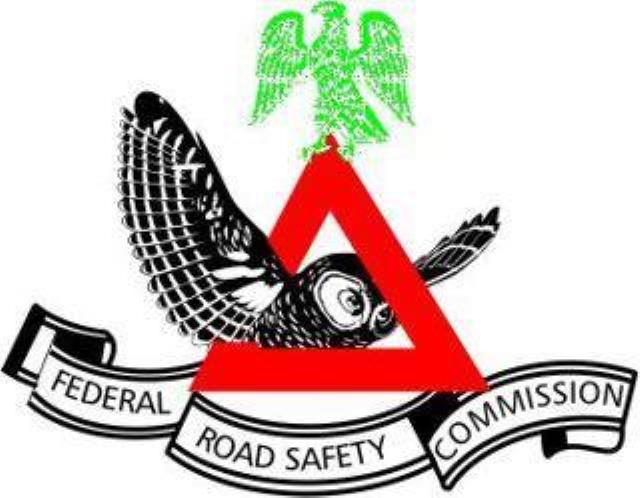Federal Road Safety Corps (FRSC) is a Federal Government agency with statutory responsibility for road safety administration in Nigeria. Founded in 1988, the Corps operates in all States in Nigeria as well as the Federal Capital Territory, Abuja.
The need to establish the organization was borne out of a number of compelling reasons. Prior to the establishment of FRSC in 1988, there was no concrete and sustained policy action to address the endless carnage on Nigerian roads. Earlier efforts in this direction were limited to discrete and isolated attempts by some states and individuals.
However, the effort of the Nigerian Army in the training of its officers and men on road safety in the early seventies, contributed immensely to road safety ideas and consciousness in Nigeria. The Nigerian Army started the First Public Road Safety Campaign in 1972 when it initiated an annual Road Safety Week.
The second deliberate policy on road safety was the creation of the National Road Safety Commission in 1974 by the then military government. Unfortunately, the impact of the commission was not sustained in 1977 when it collapsed. Also in that year, the Military Administration in Oyo State, established the Oyo State Road Safety Corps, which made some local significant improvements in road safety and road discipline in the state. Again, this lasted till 1983, when it was disbanded by the Federal government.
As years glided by, and with the continued dangerous trend of road traffic accidents in various parts of Nigeria then, which placed it as one of the most road traffic accident prone countries in the world, the Nigerian government saw the need to establish the present Federal Road Safety Corps in 1988, to address the carnage on the highways.
Since its inception, the FRSC has been addressing the unpleasant trend in the nation’s road traffic system. No doubt, the agency has endeavored to make the highways safe for motorists and other road users. The agency educates motorists and members of the public on the importance of discipline on the highway. It also prevents or minimizes accidents on the highway.
The commission also designs and produces the driver’s license to be used by various categories of vehicle operators, as well as the vehicle number plates. Another traffic management function of the commission is the standardization of highway traffic codes, giving prompt attention and care to accident victims and conducting researches into causes of motor accidents and methods of preventing them, in addition to putting into use the result of such researches.
One of its paramount functions is determining and enforcing speed limits for all categories of roads and vehicles and controlling the use of speed limiting devices. Furthermore, it regulates the use of sirens, flashers and beacon lights on vehicles other than ambulances and vehicles belonging to the Armed Forces, the Nigeria Police, Fire Service and other Paramilitary agencies.
Equally, the commission provides roadside and mobile clinics for treatment of accident victims free; regulates the use of mobile phones by motorists, as well as the use of seat belts and other safety devices. The FRSC also regulates the use of motorcycles on the highways, and maintains the validity period for driver’s licenses.
Other major functions of FRSC include ensuring free flow of traffic and the safety of lives and property of road users during national celebrations like Independence anniversary as well as Christian and Moslem festivals. It is also their responsibility to ensure that Nigerians embrace safety ideals, imbibe positive road behavior and adhere to all traffic rules and regulations. The FRSC makes sure that all road users drive with caution and avoid any act that violates established traffic laws.
Notwithstanding all the rules and regulations to ensure crash-free events in the country, the FRSC frequently warns motorists to apply cautionary measures on the highways. This they do during their workshops and seminars in parts of the country.
Again, members of the corps have the authority to arrest and prosecute persons suspected of committing traffic offence, using its mobile courts. These are measures the Federal Road Safety Corps uses to ensure full deployment of operational facilities across traffic prone areas and others, to enhance hitch-free movement of persons and goods in Nigeria.





Comments are closed for this post.